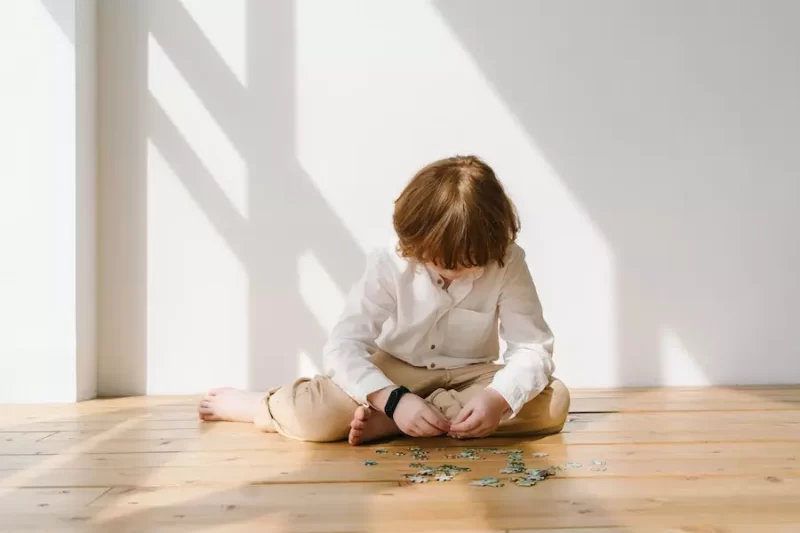Children are not naturally inclined to sit still. They are curious about the world and are easily fascinated with things that are uninteresting to the average adult. Not to mention their endless amounts of energy. The point being, we can’t expect our children to be 100% focused at all times. It’s natural for children not to be. However, if you are concerned that your child’s lack of focus stems from more than just normal childhood impulses, there are some signs that you need to look out for. Here are eight signs that your child may have a concentration problem.
1. Zoning Out
If you often catch your child staring into space or zoning out during normal activities, this could be indicative of a further issue. When children attempt to complete homework or chores, any signs of them looking dazed or unengaged with what they are doing could be a sign that they don’t know how to focus properly. Furthermore, if your child’s teachers have also reported this behavior to you, you may want to get your child evaluated.
2. Losing Train Of Thought
Is your child unable to tell a story or relay information to you without getting distracted? Children who regularly lose their train of thought in conversation could have a concentration problem. If their stories seem convoluted and they jump from topic to topic, or if they are unable to continue where they left off if interrupted, your child may be struggling to keep their focus.
3. Struggles To Follow Instructions
If your child seems like they are not following instructions, rather than immediately assuming they are being intentionally defiant, instead ask them to repeat the instructions back to you. If they are unable to do this, chances are they struggled to concentrate as you were giving them the information. Instead, try giving them instructions one step at a time and have them repeat the information back to you as you go so you know they were able to listen to what you were saying.
4. Struggles To Complete Tasks
Children that are good at starting tasks but can seldom complete them may also have a concentration issue. Even adults with concentration problems struggle to complete the tasks that they start. If your child struggles to complete homework or chores or if they tire of activities quickly, they are most likely struggling to hold their focus on these tasks.
5. Frustration Within Themselves
If you notice your child growing frustrated with themselves while struggling to complete tasks, the source of their frustration may be their inability to concentrate. Furthermore, if you notice your child getting frustrated because they see themselves as “dumb” or “stupid”, they may have started to blame themselves for their lack of concentration. This blame is what leads to them becoming frustrated. If you see your child display this emotion, you may have a concentration problem on your hands.
6. Asks For Information To Be Repeated
If you are relaying information to your child and they can’t seem to remember seconds later, or if they immediately ask you to repeat yourself, they may be struggling to focus long enough to take in the information you are trying to give them. Instead of getting frustrated with them, try giving them information or instructions in pieces rather than all at once. They may be getting overwhelmed by an overload of information.
7. Excess Fidgeting
If your child can’t seem to sit still in the way that their peers can, or if you notice them being fidgety while sitting down or trying to focus on a task, these could be signs that your child struggles to concentrate. Look out for signs of this when your child is sitting still. If you notice them start to play with or grab on to random objects in their vicinity, they may be fidgeting to help burn off extra energy. Provide your child with fidget toys that will not distract them from the ultimate task they are trying to complete.
8. Lack Of Organization
Children who misplace important items regularly or have little to no sense of organization usually struggle to concentrate. If your child tends to lack organization, it is important that you as the parent have systems in place to help them. Whether it be labeled spots to keep their things or charts that track their schedule, having systems in place can make a world of difference to a child.
Identifying Concentration Issues
While some degree of flightiness is expected in young children, sometimes lack of concentration goes beyond what is average. If your child has displayed one or more of these signs, you may want to have them evaluated by a professional in addition to establishing procedures around your home to help them cope.










